Movie
Is ‘Call Me By Your Name’ Really A Romantic Movie?
I would like to start with one of my usual prefaces; this is one of my favourite movies so I am loathe to criticise it. It is also not the type of film I usually gravitate towards (my back catalog on this site will show you as much). Despite thoroughly enjoying the book the film is based on, I have to say the film is better.
Not only is Call Me By Your Name a juggernaut of queer cinema it is also the film where the world fell in love with Timothée Chalamet. It’s hard to imagine it now, but he was an unknown at the time (2017). However, his sincere acting ability, kaleidoscope eyes, and aerodynamic hair won the hearts of many. Chalamet plays 17-year-old Elio Perlman a young musician. Elio is an extremely talented pianist, well-read, and bilingual. You would really hate him if he wasn’t played with the heart-rending vulnerability Chalamet brings to most of his characters.
While this cinematic masterpiece earned Chalamet his first Oscar nomination at the tender age of 23, it was the film’s second leading man who was truly surprising. Armie Hammer plays Oliver (no surname) the 24-year-old American graduate assisting Elio’s father, a professor in archaeology, at their holiday home in Lombardy, Northern Italy. This role was before Hammer effectively torched his career with certain accusations which I won’t go into (we literally don’t have the word count). However, at the time Hammer’s portrayal of Oliver proved that he was more than just a cookie-cutter Hollywood handsome hunk.
At the time of the film’s release, there was plenty of discourse about the age difference between the two young men. In both the book and the film there is 7 year age gap between the pair. At certain stages of life, this wouldn’t be a big deal. In fact many argued that in so many romantic films the age difference is somewhat questionable (for example; in Titanic, Rose is 17 and Jack is 20) it only seems to be a problem when the relationship is not heterosexual. Under Italian law at the time of the film being set (1983) Elio and Oliver’s relationship is not illegal, but is it moral?
I have watched the film numerous times but this time I decided to watch it with an eye for Oliver not in fact being a charming foreign student who sweeps young Elio off his espadrilles, but instead being… predatory.
As stated Elio is 17; Chalamet with his slight figure and elfin features can easily pass for a teenager despite being around 21 at the time of filming. Elio is a prodigy and spends his time reading, transcribing, and composing music. The only child of two academics Elio seems somewhat sheltered. He is doted on by his mum Annella (who is low key goals) and even curls up in his parent’s lap to be read stories while his father refers to him as “Elly-Belly”. A deep thinker Elio is all too well aware of his downfalls. He even states to Oliver that he knows very little about “…the things that matter”.
In contrast, Oliver is a self-assured student who has essentially traveled across the world to spend the summer with relative strangers. Everyone is beguiled by Oliver’s good looks, Annella even refers to him as a ‘movie star’ and is endeared by his brutish Americanisms.
It doesn’t help that Hammer was around 30 at the time of filming and between his impressive height at 6 ft 5 and even more impressive body hair, looks every one of his three decades. Elio is not short but is dwarfed in every sense of the word.
Much like the audience, Elio can’t figure Oliver out. The student switches between friendly and standoffish with alarming frequency. I won’t pretend to know the intricacies of flirting between two men but Elio is extremely unsettled. Particularly during a game of volleyball with Elio’s friends where Oliver attempts to give Elio a shoulder massage because he is ‘tense’. Oliver later tells Elio that this is to show Elio that he ‘liked’ him. On this viewing, I noticed the imprint of Oliver’s fingerprints on Elio’s pale bicep from where he was grabbed.
Call Me By Your Name is described as a coming-of-age film and Elio does lose his virginity to his girlfriend Marzia during the film. An embarrassing fumble by a lake for their first time after which Elio becomes remarkably more confident for their second. As the audience we can only wonder what brought on this drastic change. Was it knowing he had captured the attention of an older man? His sexual awakening? Suffice it to say Elio is experienced before ever doing anything sexual with Oliver.
Both the book and film are from Elio’s POV so we can only glean Oliver’s thoughts and motivations from his actions and facial expressions. Oliver barges into Elio’s room whilst knocking where Elio happens to be touching himself. If that’s not enough he tries to make Elio go swimming with him whilst Elio is trying to hide his erection. Was Oliver toying with Elio? In the book, Elio’s anguish over Oliver’s moods is more poignant. Elio even tries to anticipate Oliver’s daily moods by the graduate’s color choice of bathing shorts. Clearly trying to harness any kind of control over the situation, no matter how tenuous.
When Elio finally admits his feelings for the other man Oliver tells him they can’t discuss “such things”. Then shortly after Oliver initiates their first kiss then abruptly tells Elio they need to stop and haven’t yet done anything to be “ashamed of”.
Oliver also initiates their first sexual encounter. After days of silence, Elio can’t stand it anymore. We get a peak into Elio’s journal where he chastises himself for being ‘too harsh’ towards Oliver and worrying that Oliver hates him. He slips a note under Oliver’s door pleading to talk. Oliver answers in kind with a note left on Elio’s desk telling him to ‘grow up’ and that he’ll meet the young musician at midnight. Is Oliver being facetious by saying ‘grow up’? Or does he genuinely want Elio to age about 5 years before midnight?
At midnight the two consummate their situation. And Oliver does ask Elio’s permission to kiss him. The next morning Elio appears maudlin. He rises out of Oliver’s bed without meeting the man’s eyes, ignoring inquiries about his well-being from a nervous-looking Oliver. Elio requests they go swimming. Elio looks extremely vulnerable and young in his oversized jumper. None of the confident swagger after his first time with Mariza. Without being too blunt can we ascertain that this is because Elio was the one who penetrated this time?
Oliver handles this situation by telling Elio to check if he can still get “hard”. Whether this is to assuage any notions Oliver might have about Elio regretting the sex, despite asking for verbal confirmation in a later scene that he doesn’t.
As much I love Elio’s parents in the film I do end up questioning their judgement. They know their teenage son is carrying on a clandestine affair with someone they opened their home to. They then encourage Elio to go on a trip with Oliver to Bergamo (a nearby city) for a few days where Oliver will board a train to begin his journey back home to New England. I know Elio’s parents are bohemian academic types and I know it was the 80s when everyone went home when the streetlights came on and drank hose water by the gallon. But they are sending their teenage son away with someone with someone who could be a serial killer!
Oliver and Elio exchange a tearjerking goodbye at the train station and they don’t speak again for a few months until Winter. Over the phone, Oliver tells Elio he is engaged to be married in the Spring. Oliver also has the nerve to ask Elio “Do you mind?”! How is anyone meant to answer that? Let alone a teenager? We do get a slight insight into Oliver’s family when he says that if his father found out about his relationship with Elio he’d send Oliver to a “correctional facility”.
This all culminates to the iconic final scene which probably earned Chalamet his Oscar nomination; Elio crying in front of a roaring fire.
The cinematography, acting, score, and direction of the film are perfect despite the problematic premise. There are moments that are truly touching moments that make you think that maybe Oliver truly did care for Elio. Or maybe he left a trail of broken-hearted boys and girls across Europe? It is a film to be feasted upon, not unlike the numerous peaches that litter the film’s premise (read into that what you will). I just hope I haven’t ruined it for anyone, or indeed myself!
Movie
Upcoming NTR Junior projects
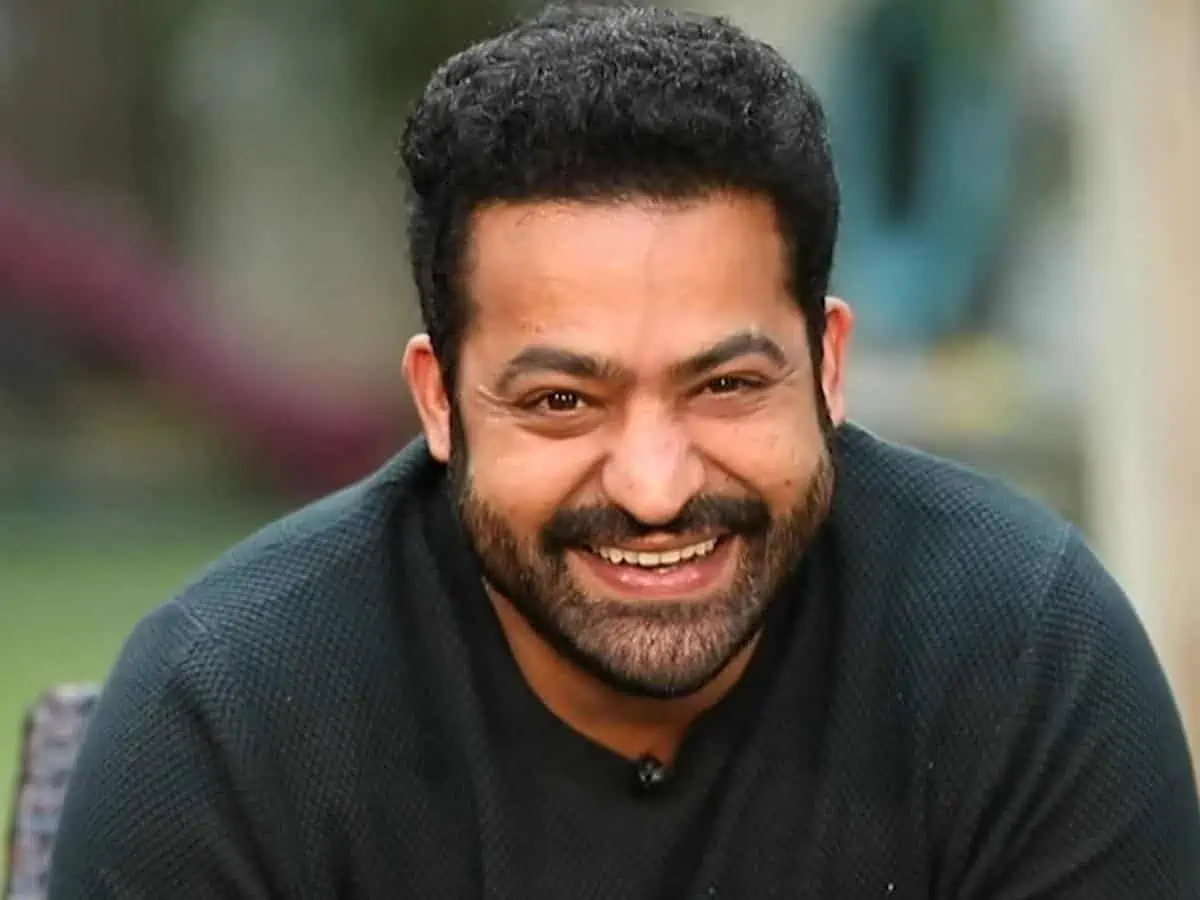
Nandamuri Taraka Rama Rao Jr., affectionately known as Jr NTR, has consistently enthralled audiences with his dynamic performances and versatile acting prowess. Following the successful release of “Devara: Part 1” on September 27, 2024, fans are eagerly anticipating his forthcoming projects. Here’s an overview of what’s next for this action superstar.
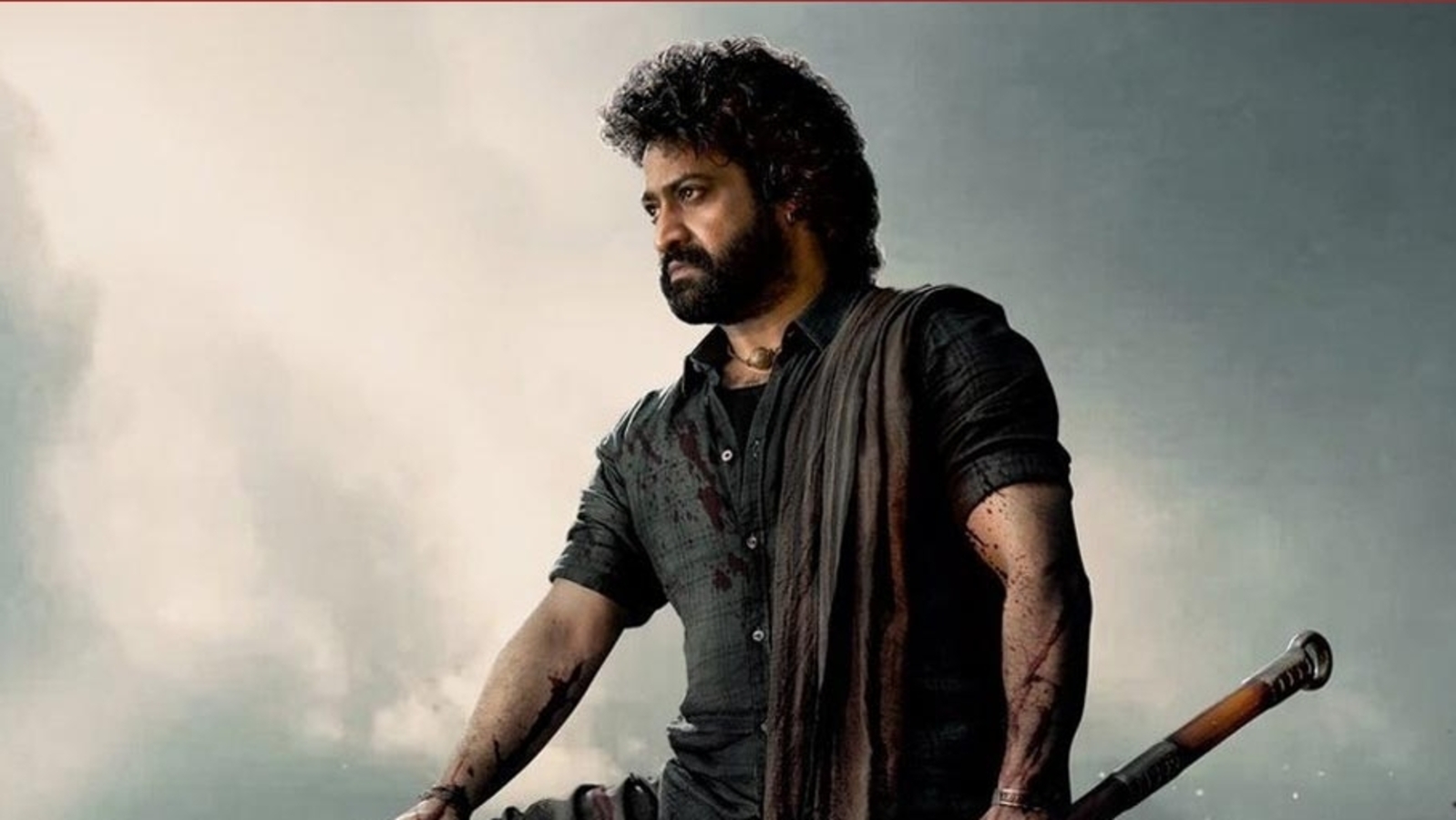
1. Devara: Part 2
After the resounding success of “Devara: Part 1,” which grossed over ₹466 crore globally, the sequel is highly anticipated. Director Koratala Siva has hinted that “Devara: Part 2” will be even more intense, stating that if Part 1 showcased 10% of Jr NTR’s capabilities, Part 2 will unveil the remaining 90%. Filming is slated to commence in the first half of 2026, with a targeted release by the end of that year.
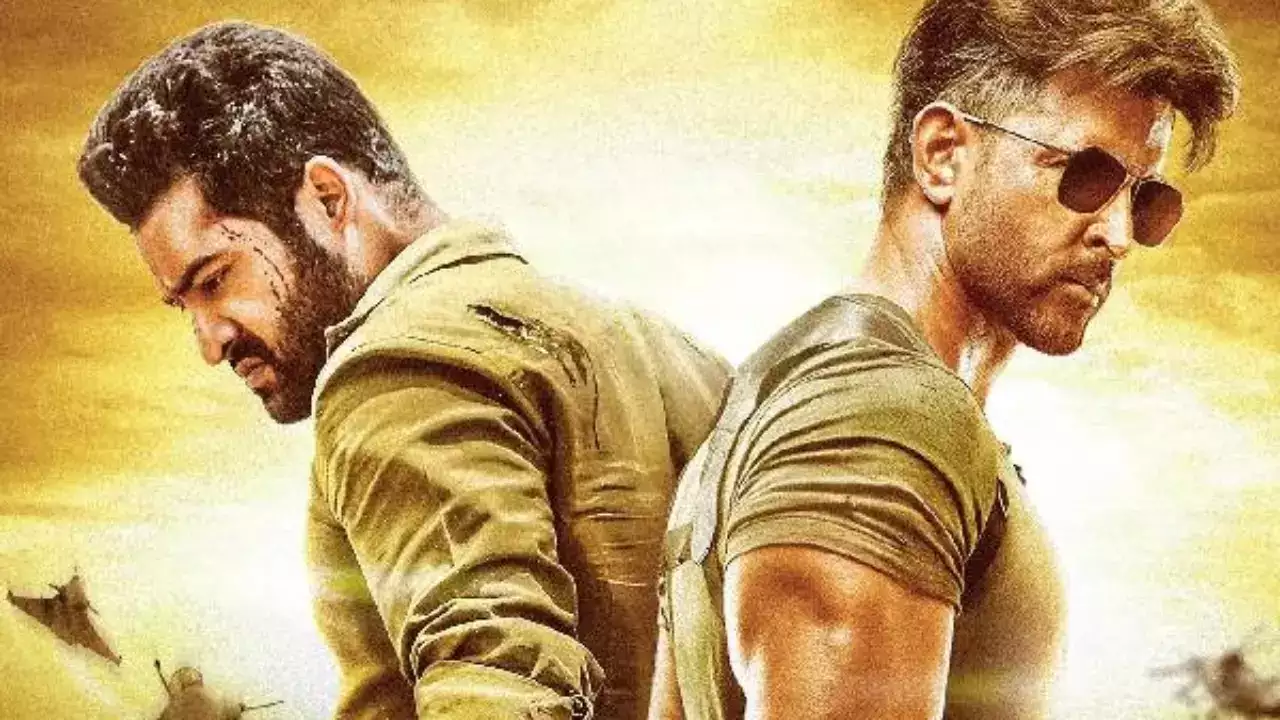
2. War 2
Expanding his horizons, Jr NTR is set to make his Hindi film debut with “War 2,” directed by Ayan Mukerji. This sequel to the 2019 blockbuster “War” will see him sharing screen space with Hrithik Roshan and Kiara Advani. The film is part of the YRF Spy Universe and is scheduled for release on August 14, 2025, coinciding with the Indian Independence Day weekend.

3. NTR 31 (Tentative Title: Dragon)
In collaboration with acclaimed director Prashanth Neel, Jr NTR will star in a period drama tentatively titled “Dragon.” The film is set to delve into themes of immigration and is expected to be one of the most expensive projects for both the actor and the director. The movie is slated for a grand release on January 9, 2026.
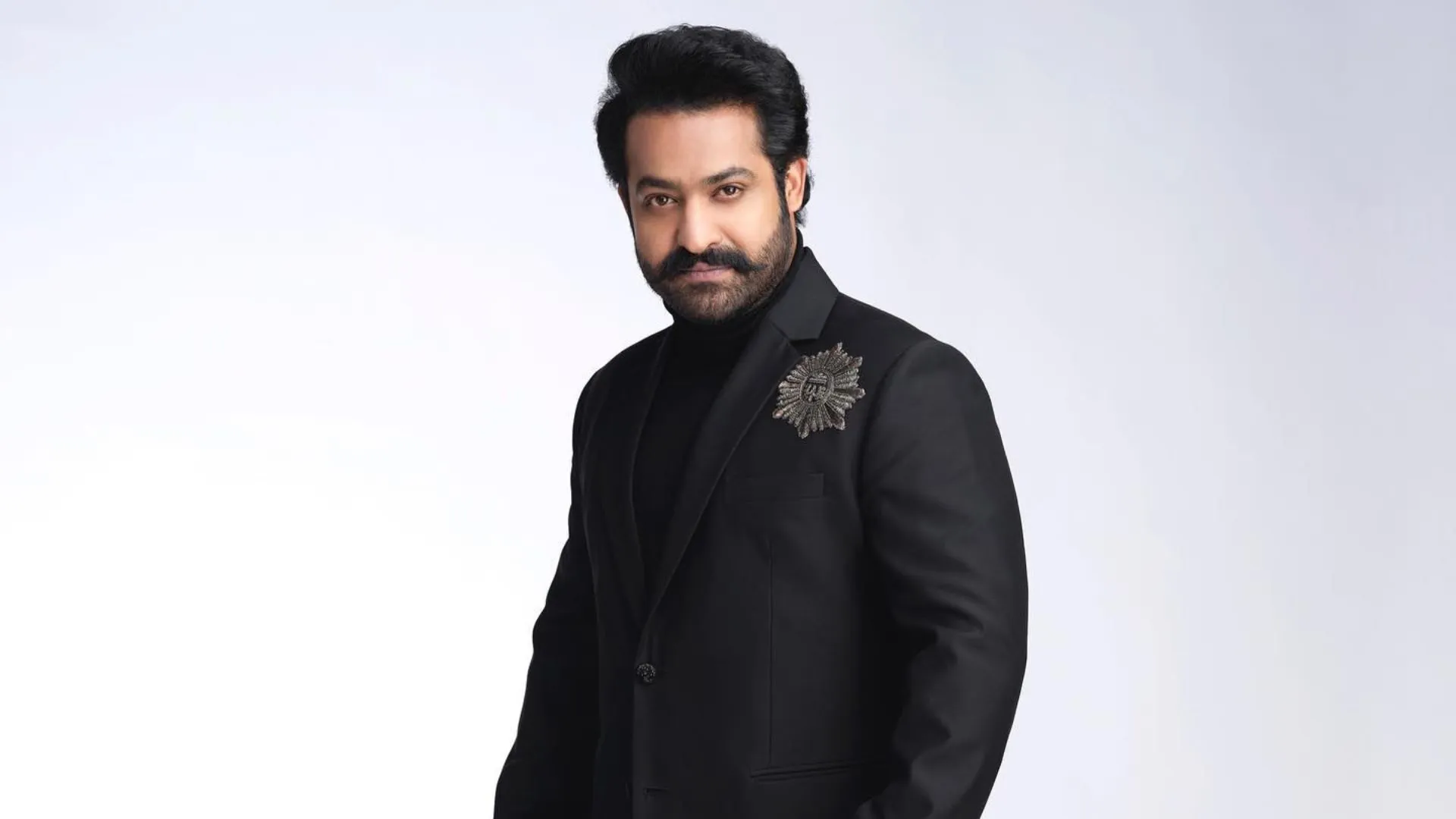
Why Jr NTR is the Action Hero Everyone Wants to See
Jr NTR’s appeal as an action hero stems from his ability to seamlessly blend intense physicality with deep emotional resonance. His performances are characterized by a compelling screen presence, dynamic energy, and a remarkable ability to connect with audiences across diverse roles. This unique combination of skills has solidified his status as a leading figure in Indian cinema, making him the action hero everyone wants to see.
With a lineup of diverse and high-profile projects, Jr NTR continues to push cinematic boundaries and captivate audiences worldwide. His dedication to his craft and ability to reinvent himself with each role ensure that fans have much to look forward to in the coming years.
Movie
“Death of a Unicorn: A24’s Twisted Fairytale You Won’t Forget”
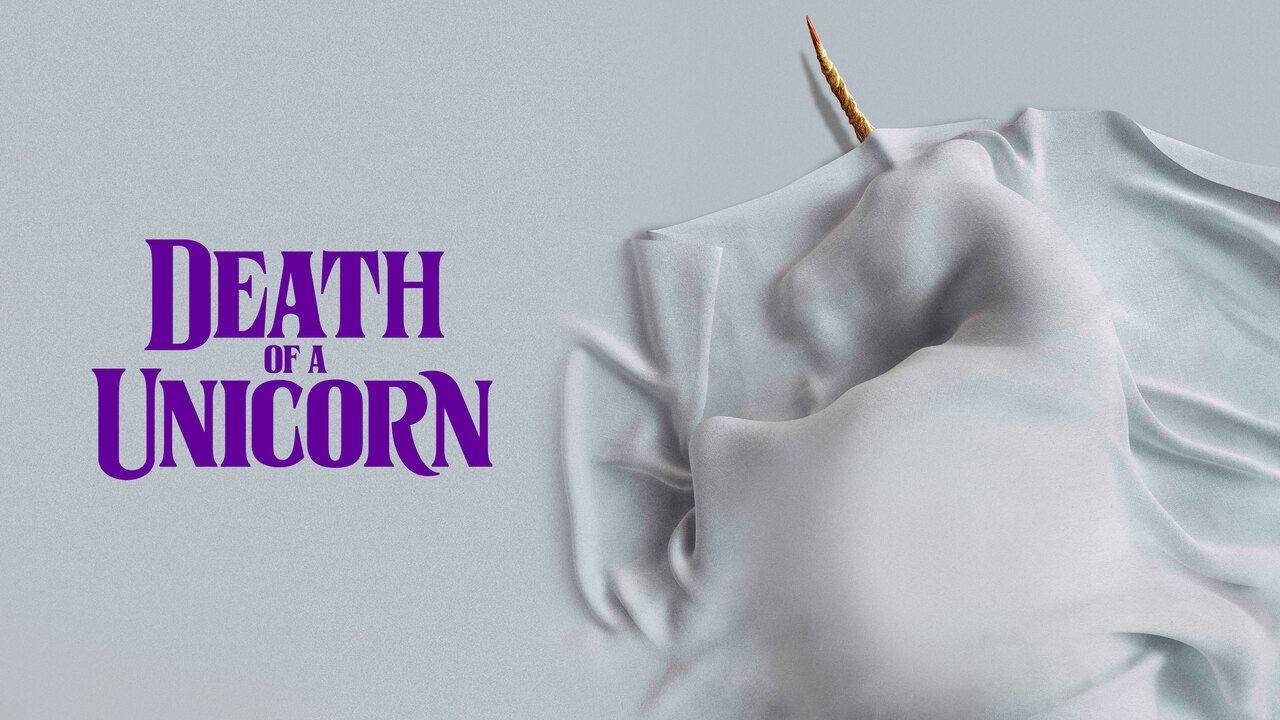
Headed to a wilderness retreat of a wealthy pharmaceutical CEO to hopefully land a lucrative job, widower Elliot and his reluctant daughter Ridley manage to have a car accident with a heretofore-thought creature out of legend, and hijinks ensue!
Oh this is an absolute gem of a movie y’all, brought to you by the genius minds of film production company A24, a delightful blend of horror and campy, almost idiotic, comedy. Make sure your seatbelt is buckled and let’s dive into this!
So Ridley (Jenna Ortega) is you typical teenager, angsty and missing her passed-on mother, full of acne troubles and secretly vaping while her dad Elliot (Paul Rudd) ignores her for much more than appearance purposes, while he schmoozes his way into the good graces of the family they’re going to stay with. Elliot ignores everything but his continued greed, for both money and continuous stability for him and Ridley, really, he swears, so when the misty mountains cause their electronics to go haywire and Elliot’s busy with that crisis, he doesn’t notice until it’s too late and BAM. You’ve hit an actual unicorn with your car.
Like most girls, Ridley can’t help but be fascinated by the poor mythical horse-like creature, and of course she reaches out to grasp the glowing horn, filling her head full of magic and her eyes full of stars and the cosmos, while Elliot has a much more, let’s say visceral, reaction. But rather than calling, I dunno, some sort of wildlife preserve or the cops or even considering burying the unfortunate horned horse, no, the baby is loaded like a downed stag into the back of Elliott’s car and they hurry on to the CEO’s wilderness retreat.
It makes sense that the changes to Ridley’s appearance are the first thing that allows O’Dell (Richard E. Grant) and his greedy, grasping family to understand that the body of the unicorn has healing properties. Wife Belinda (Tea Leoni) is your typical utterly vapid socialite who helps the poor downtrodden of whatever’s currently popular third world country, not for the do-gooder part of it, but for the optics. And their son Shepard (Will Poulter) is a walking poster boy for the arrogant frat boy type who could never settle on just one thing to be or do, and so he tries them all – archery, photography, mixology, music and various forms of pharmaceuticals, all while sporting these terrible fashion choices in shorts and rambling proudly about his nonexistent accomplishments. Griff (Anthony Carrigan) is the family butler and general verbal punching bag, and let us not forget the unfortunate pair of doctoral research scientists who get called in to examine the unicorn, Dr. Song (Steve Park) and Dr. Bhatia (Sunita Mani).
So we have a family of covetous types who all want to divy the unicorn up and sell its various parts for as much wealth and power as they can get, plus the pair of scientists who are flabbergasted to find themselves dissecting an actual unicorn that, hey, guess what, isn’t actually dead for really-real yet. Elliott’s trying to procure his and Ridley’s slice of the action, though honestly, his lawyerly powers of persuasion seem to be rather lacking in this regard, while Ridley is off doing some actual research on medieval unicorns and what the ancient legends in tapestries had to say about them. You know how the modern genie, with his Arabian lamp and his three wishes with their horrifically ironic consequences, actually stems from the ancient legend of that old monster, the creature born from fire that wants nothing more than to destroy all human life on Earth, the Djinn? Our modern legends and beliefs about unicorns is kinda like that.
So everyone, even our scientists with their experiments and O’Dell supposedly being an experienced animal hunter, seems to have forgotten that a horse is a mammal and therefore, has parents. And while everyone is concerning themselves with what to use the babies’ various parts for, only Ridley seems to have realized, that the babies’ sire and dam are coming for it!
We all know horses are smart, and that humans and horses can form an almost mythical bond, but when a stallion or even a dam’s ire is raised, they can attack and defend just as well as any rampaging beast, and do present a very real and dire threat. And these particular horses, with their shaggy midnight-black coats and hooves the size of monster-truck hubcaps, their fangs and absolute righteous rage at their baby being stolen, not to mention both mom and dad’s inherently magical nature, and those utterly badass war-unicorn horns, are here to wreak utter destruction and death upon the humans that would dare to eat, drink and snort, their baby!
Full of utterly ridiculous fun with human greed and the scarcely-remembered wonder of those magical creatures you heard about as a child, cheer along with the Jurassic Park-like screech of our rampaging parents to save their baby, in Death of a Unicorn, in theaters now!
Movie
Top 10 Unexpected Movies Where The Bad Guy Wins
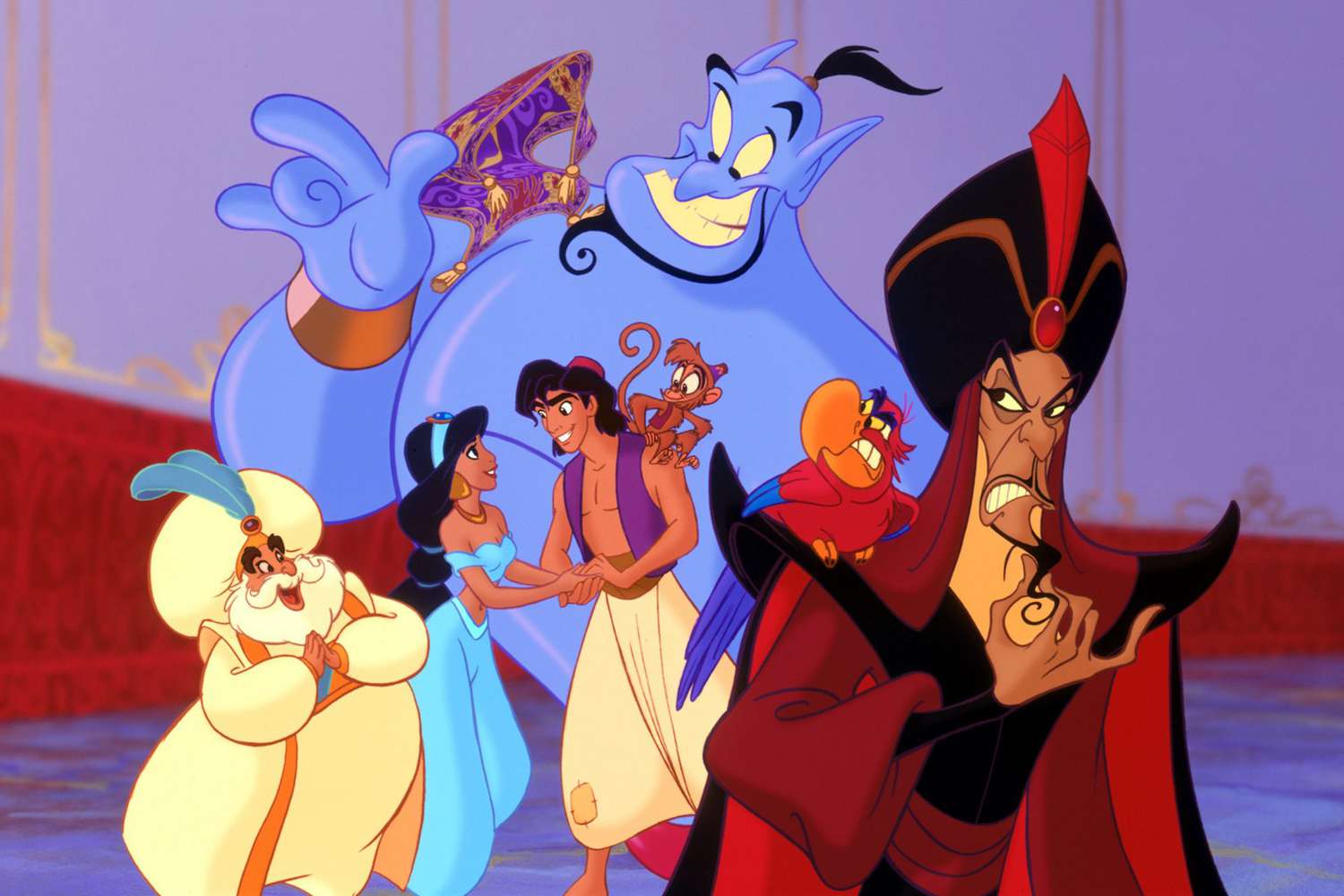
There are many movies where the bad guy obviously wins, but what about the not-so-obvious ones?
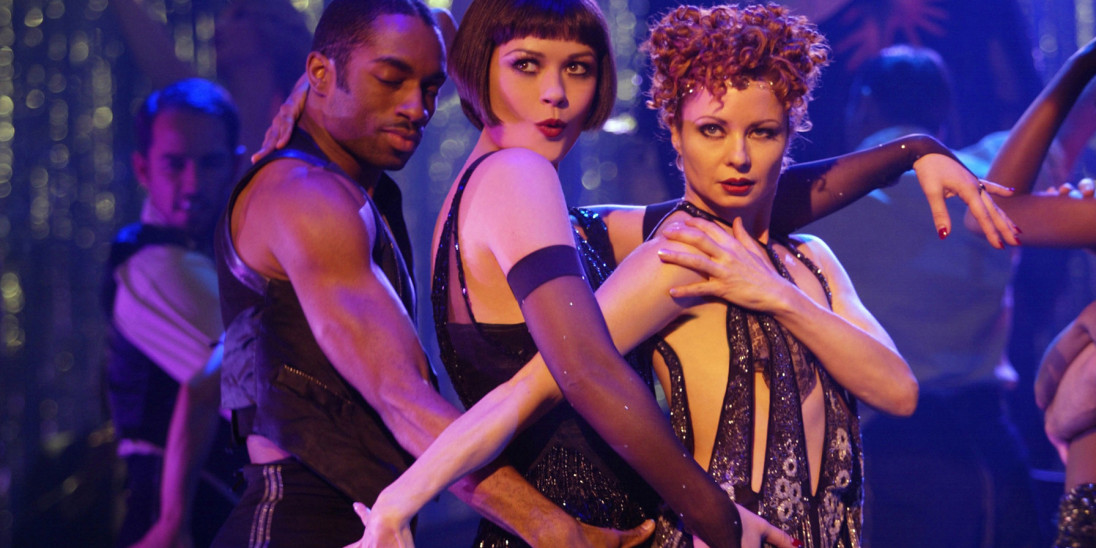
10: Chicago
Yes, they sang and danced superbly and had awesome hair and outfits. It’s easy to forget that
pretty much everyone in this film is a terrible person. That is, except for John C Reilly’s
character as the hapless husband, Amos and the wrongly accused Hungarian prisoner.
Hunyak (Ekaterina Chtchelkanova).The main characters: Roxy (Renée Zellweger) and Velma
(Catherine Zeta-Jones) are remorseless murderers (double murderer in Velma’s case!). Not
only did they both avoid life in jail or the death sentence, but became presumably rich and
famous with their two-woman show. So emboldened are they by their cheat of the justice
system, they dance knowingly to a cheering audience with prop guns. The performance is
iconic, though!
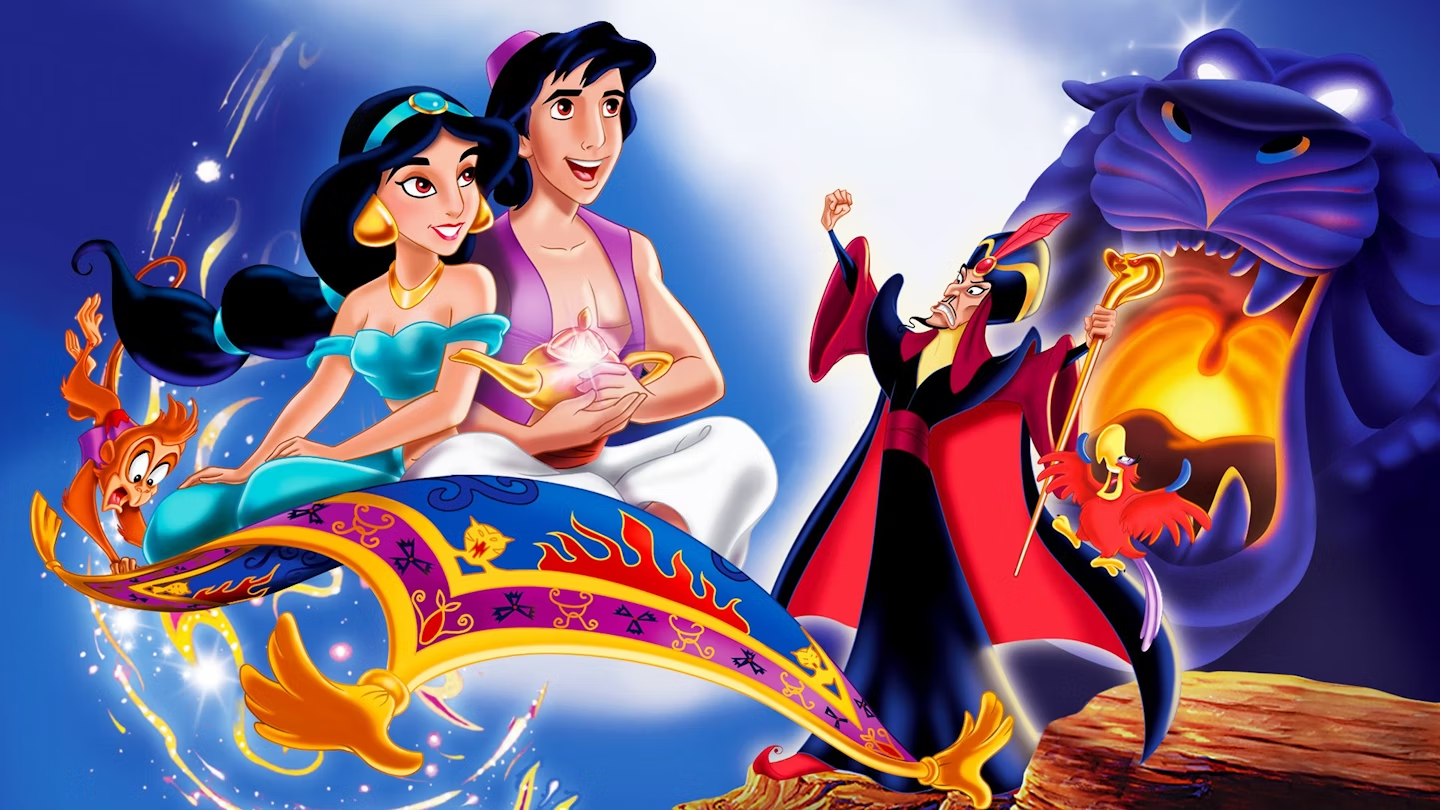
9: Aladdin
1992’s Aladdin not only gave us catchy songs and an unforgettable performance by the late, great Robin Williams. The animated feature also gave us an iconic villain in Jafar (voiced by Jonathan Freeman). Towards the end of the film, Aladdin tricks Jafar into using his last wish to make himself a genie to be a powerful as the Genie. Aladdin is maybe not known for his brain, but this seems rather short-sighted. Yes, it means Jafar is bound to his lamp, but he is still much more powerful than the mere human he was. We also know Jafar is incredibly manipulative (e.g., his relationship with the Sultan). Surely someone saw the flaw in this plan? Of course, Jafar makes his return in 1994’s aptly named The Return of Jafar. This undermines the closing scene of Aladdin when the Genie throws Jafar’s lamp into the distance for anyone to find. They could have at least kept Jafar’s lamp on them, all I’m saying.
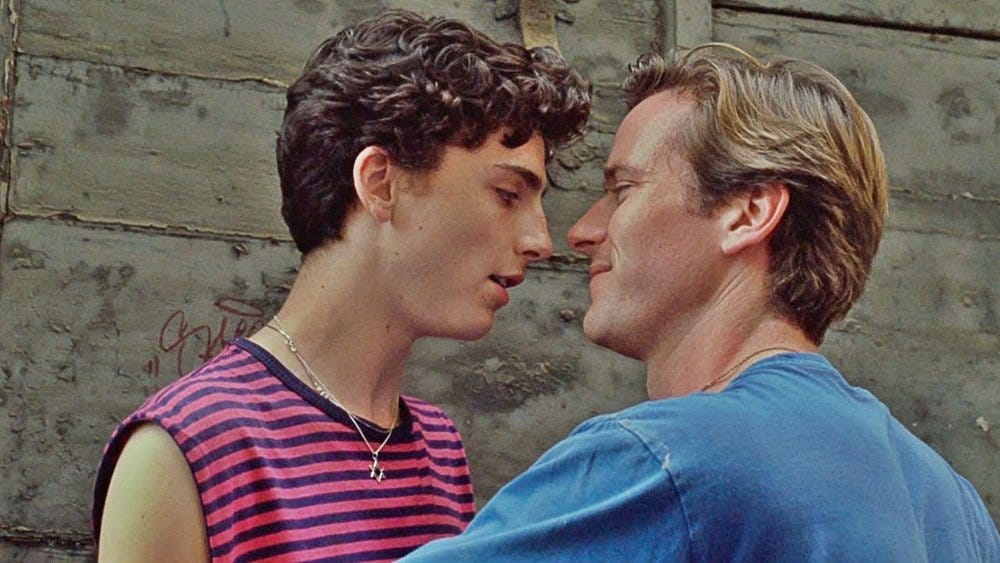
8: Call Me By Your Name
Luca Guadagnino’s 2017 film is, by all accounts a beautiful film in both cinematography and story. Guadagnino has said that the only real antagonist in the film was the passage of time, but under analysis, is this true? Call Me By Your Name has been criticised for the power imbalance in its central relationship, with protagonist Elio (Timothée Chalamet) being only 17 and his paramour Oliver (Armie Hammer) being 24. Throughout the film (and the book it’s based on), Oliver somewhat toys with Elio’s emotions by sporadically switching between flirtatious and standoffish. At the end of the film, Oliver tells Elio he is engaged, and the audience (and teenage Elio) can deduce that Oliver was probably in a relationship the whole time. Is Oliver really the villain of the piece? Has he left a trail of broken-hearted boys and girls throughout Europe? I confess in the 2019 sequel novel Find Me by André Aciman, my dark little heart was hoping the book would lean into this, but alas, no. And if every iteration of the story Oliver ‘wins’, he gets Elio’s devotion and a socially acceptable (of the time) marriage.
Shameless self-promotion! I discuss the Call Me By Your Name controversy here:
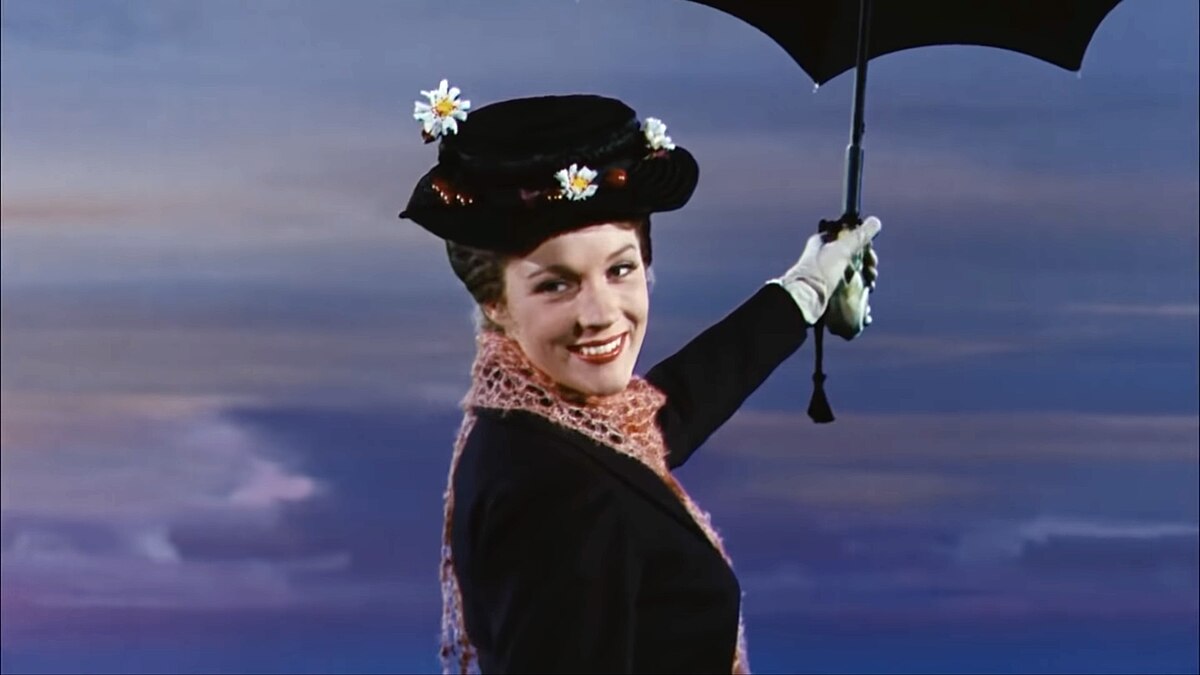
7: Mary Poppins
Yet another Disney offering from 1964. In recent years, many have pointed out the sinister
nature of the character Mary Poppins (is she a demon? A shapeshifter?). However,r I want to
focus on who I believe is the true villain of the piece: George Banks. Expertly played by the
late David Tomlinson, Mr Banks is the authoritarian father of the children Mary Poppins
cares for. He is a proud banker, runs his household with patriarchal ideals (though
interestingly, his wife is a proud Suffragette). Shows his two children no affection and takes
little interest in them, apart from dishing out discipline. To be fair,r this is probably pretty
normal for an English Edwardian father.
Mr Banks is the one who ultimately hires Mary Poppins, and it’s his life that is mostly changed
because of her. In the final scenes, Mr Banks is humiliated and fired from his job at the bank,
caused indirectly by his children under Mary Poppins’ influence. So, how does he win? Well
Mr Banks undergoes quite the transformation in which he mends his children’s broken kite
and takes them for a jolly kite flying trip complete with song. It is here that Mary Poppins decides she is not needed anymore.
Whilst flying said kite at the park, he meets his ex-employer’s son who not only reinstates Mr
Banks in the bank but promotes him. Now, at the start of the film, Mr Banks works too much,
and surely a promotion would mean more work? Yes, he learned some lessons from Mary
Poppins stays, but old habits die hard, and he is in pretty much the same position asat the start of the film, except with more money. Capitalism always wins, I guess.
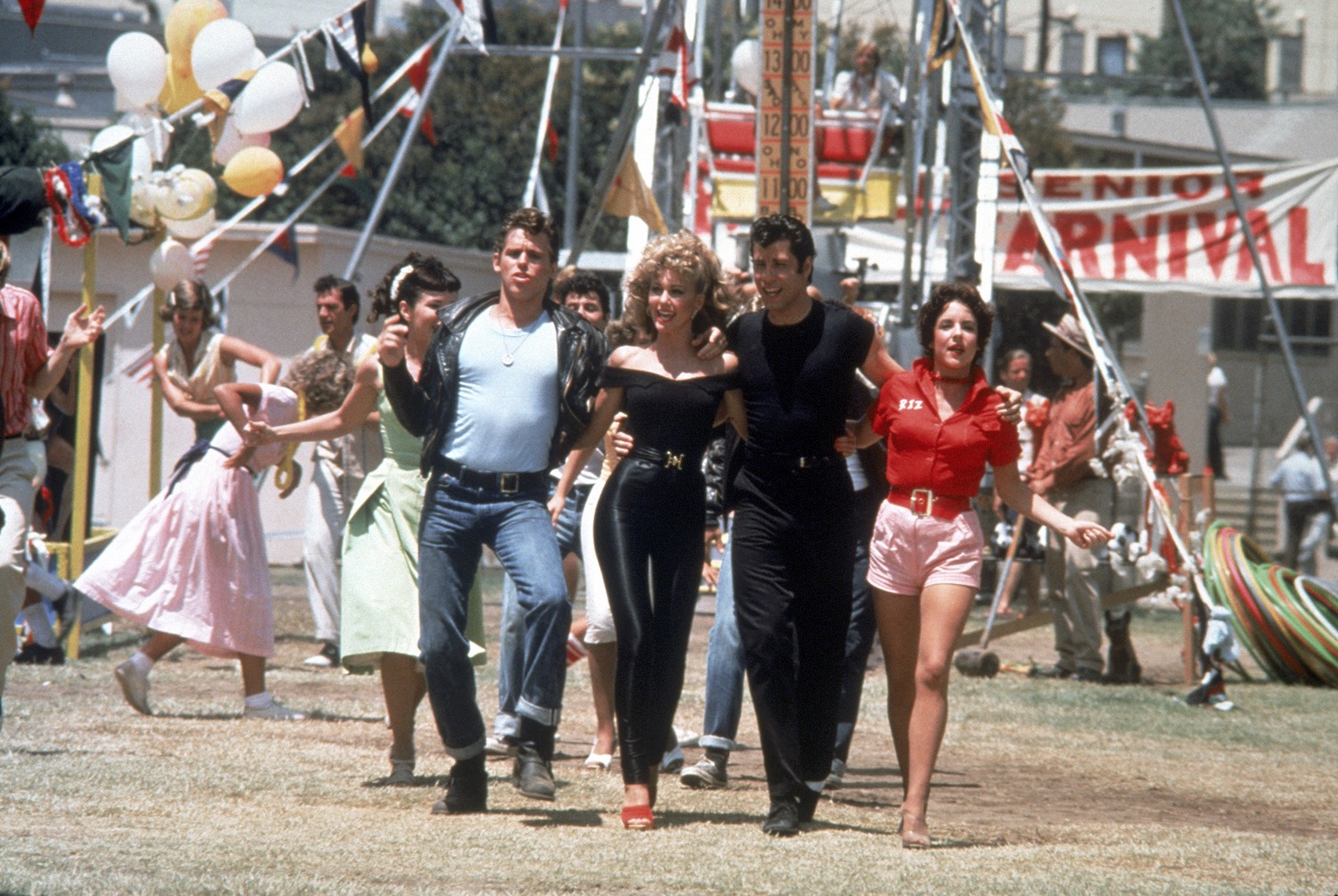
6: Grease
1978’s Grease is as nostalgic to me as it is to most people. The songs still slap, and is it really a celebration if you don’t embarrass yourself by dancing to Grease Lightning? We know now that the cast doesn’t really look like teenagers, and the film is extremely problematic. I would also argue that the bad guys aren’t the rival gang but Danny Zuko (John Travolta) himself.
Throughout the musical Danny mocks his summer girlfriend, Sandy (Olivia Newton-John), upon meeting her again, tries to hide her from his friends whilst on a date, ditches her for another woman at a school dance, and tries to assault her at a drive-in movie. Not only that, but he then sings a woe-is-me song about being abandoned at the drive-in by the woman he most likely terrified.
To top it all of Sandy transforms her personality and appearance to be more ‘cool’ for Danny who she still pines after for some reason. Danny makes the token effort of putting on a cardigan but immediately rips it off when he realises he’s won and Sandy has sewn herself into skintight trousers just for him. Remember girls always change yourself for a man!
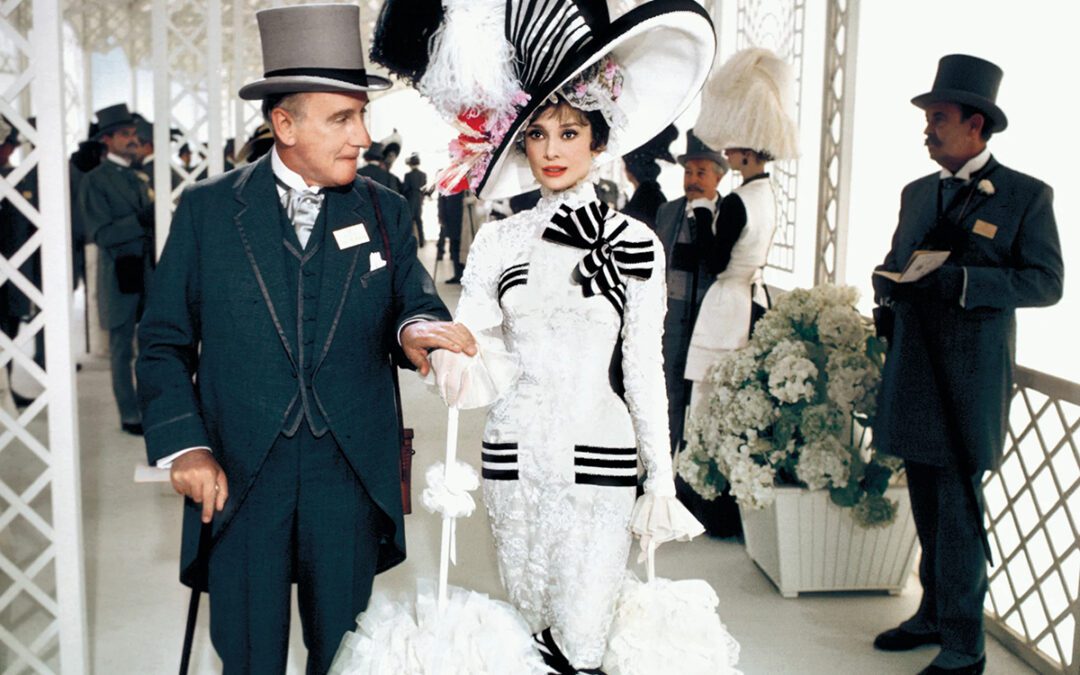
5: My Fair Lady
Speaking of women changing themselves for men, 1964’s classic, My Fair Lady, is a perfect
example. Henry Higgins (Rex Harrison) plucks flower seller Eliza (Audrey Hepburn)
from the street and claims he could pass her off as a duchess under his tutelage. Eliza takes
him up on his offer despite Higgins being a clear misogynist with a mistrust of women.
Throughout the musical, Higgins berates, mocks, and shoves marbles into Eliza’s
mouth, still she becomes the epitome of an upper-class woman, enchanting all who meet her.
Eliza thankfully finds her self-worth and walks out due to Higgins’s treatment of her.
Higgins himself does seem a little upset by her leaving, as he has “grown accustomed to her
face”. Charming.
Unfortunately, in the final scene, Eliza returns to him and he immediately asks her where his
slippers are (again charming). If it makes anyone feel better, in the George Bernard Shaw play
the musical is based on, Pygmalion, Eliza does not return.
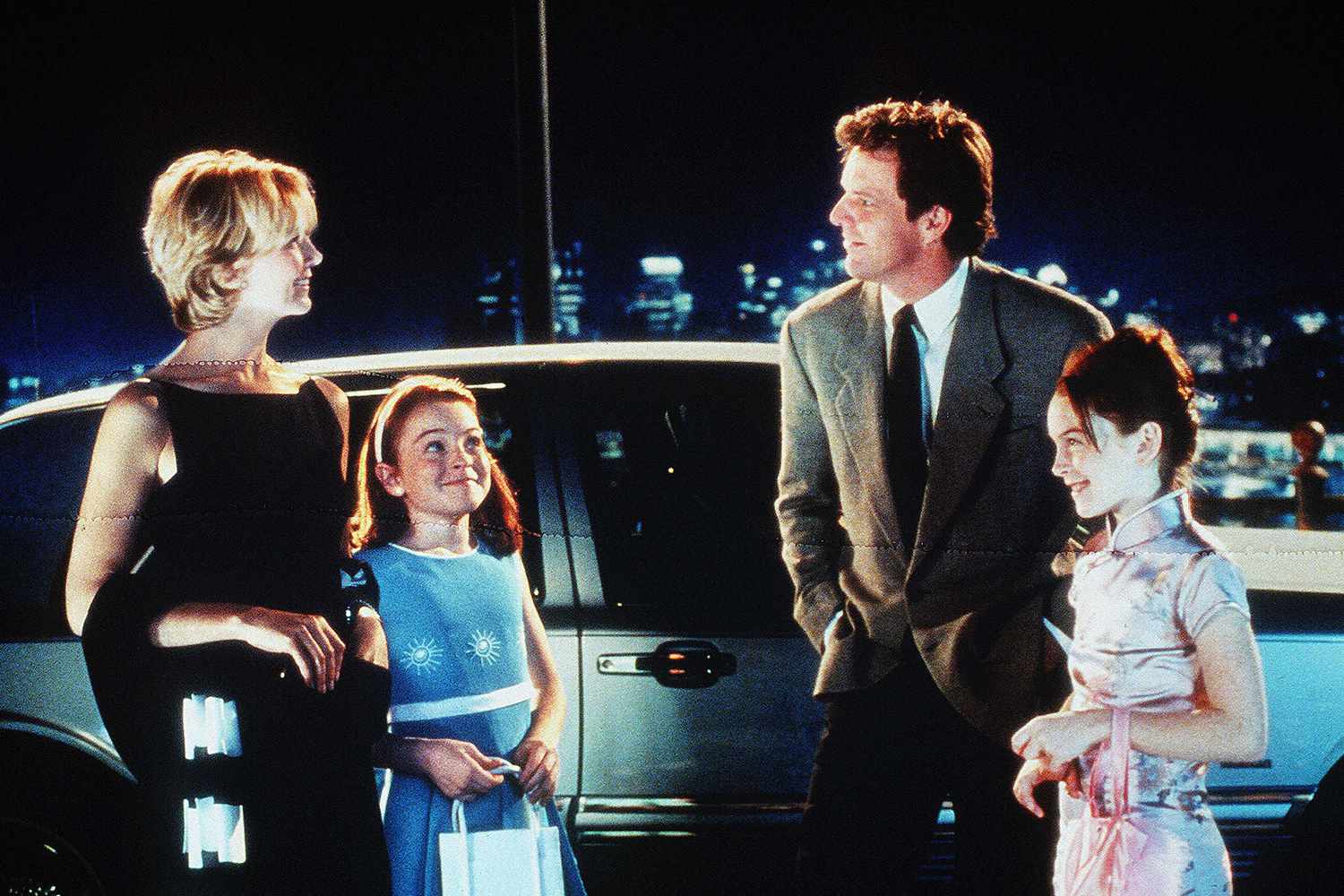
4: The Parent Trap
Yes, it’s another Disney! Lindsay Lohan stars as both of the twins in 1998’s The Parent Trap.
It’s a fun movie filled with ’90s nostalgia, so it may surprise many that the villain is not
Hallie’s would be stepmom Meredith Blake, but the parents themselves!
Look, I loved Natasha Richardson’s (RIP) neurotic mother character, and I wanted to live in
the gorgeous house in the Napa Valley in California and run a vvineyard at8 years old. But
let’s be real here; these people are terrible parents. They deliberately split up not only siblings
but also identical twins so the parents would never have to see each other again (solid plan). Any
twins that have been split up at birth throughout history report it as obviously very damaging
and feel like they are missing a part of themselves.
I mean, I’m sorry you had a bad divorce, but you are parents, and I’m pretty sure you have to
put your children first. Not only were they fine with ripping apart siblings, they are also happy
robbing them of having two ‘loving’ parents. AND they were going to do it again! After a
disastrous ‘date,’ they decide that they will trade the girls (separately) on various holidays,
splitting the twins up yet again. Real A+ parenting.
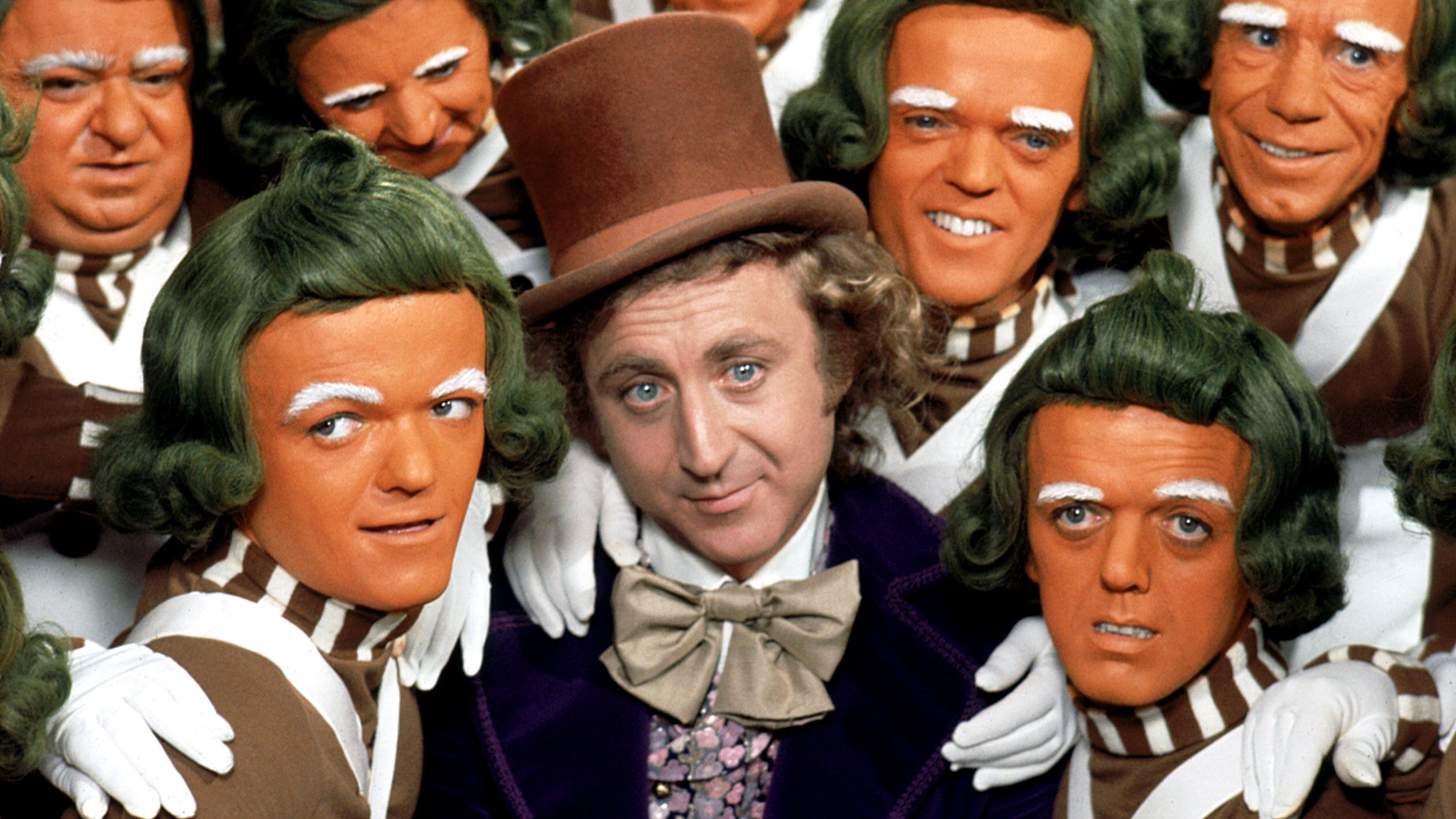
3: Charlie and the Chocolate Factory
Over the years since Charlie and the Chocolate Factory in 1971, people have pointed out how
sinister Willy Wonka (Gene Wilder) is (the riverboat scene, anyone?). And indeed that was
how he was written by Roald Dahl, as someone who killed and/or maimed the children visiting his factory. But I believe the true villain is hiding in plain sight…Grandpa Joe (Jack
Albertson).
The internet has pointed out how Grandpa Joe is bedbound until he gets the opportunity to
visit a chocolate factory, and then he is up, singing and dancing. That aside, Grandpa
Joe is the one who convinces his grandson Charlie to leave the tour group. Wonka has
explicitly warned them not to leave the group. Grandpa Joe also convinces Charlie to sample
some ‘Fizzy Lifting Drinks’, which causes the duo to float and get into hijinks.
When Wonka rebukes Grandpa Joe (quite rightfully) for stealing the drinks and damaging the
ceiling, Grandpa Joe even says he’s going to give the everlasting gobstopper to someone he
believes to be Wonka’s competitor. But Grandpa Joe suffers no consequences when
Charlie becomes Wonka’s successor, an opportunity Grandpa Joe nearly lost him, and he and the others. The family is invited to live with Charlie at the magical factory.
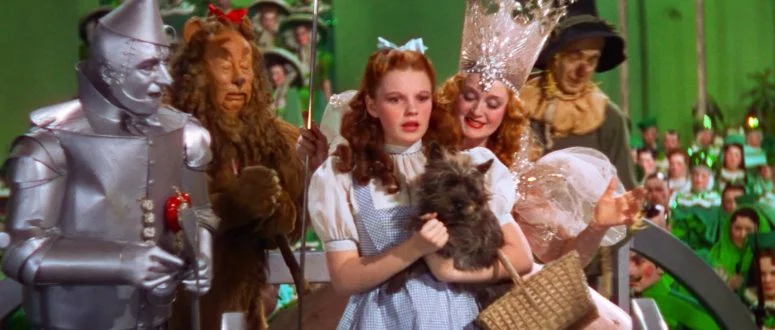
2: The Wizard of Oz
With the blockbuster Wicked finally being released last year, many have been looking back at
the 1939 original with a new understanding. Was Glinda (Billie Burke) the bad witch all
along? Let’s look at the evidence; with Dorothy’s (Judy Garland) orchestrated arrival in Oz,
Glinda has gotten rid of both the Wicked Witch of the East and West. Not only that, but Dorothy
also inadvertently gets rid of the phony Wizard when the Tin Man inexplicably lets go of the
air balloon rope, and the Wizard flies into the distance, panicked, unable to land.
Let us also not forget that Glinda forced a dead witch’s slippers on Dorothy’s feet and sent
her on a perilous journey to someone she probably knew was a conman (the Wizard) to
‘help’. So with all the major players off the board, thanks to the manipulated Dorothy, Glinda
is free to be the sparkly dictator ruling Oz with an iron wand!
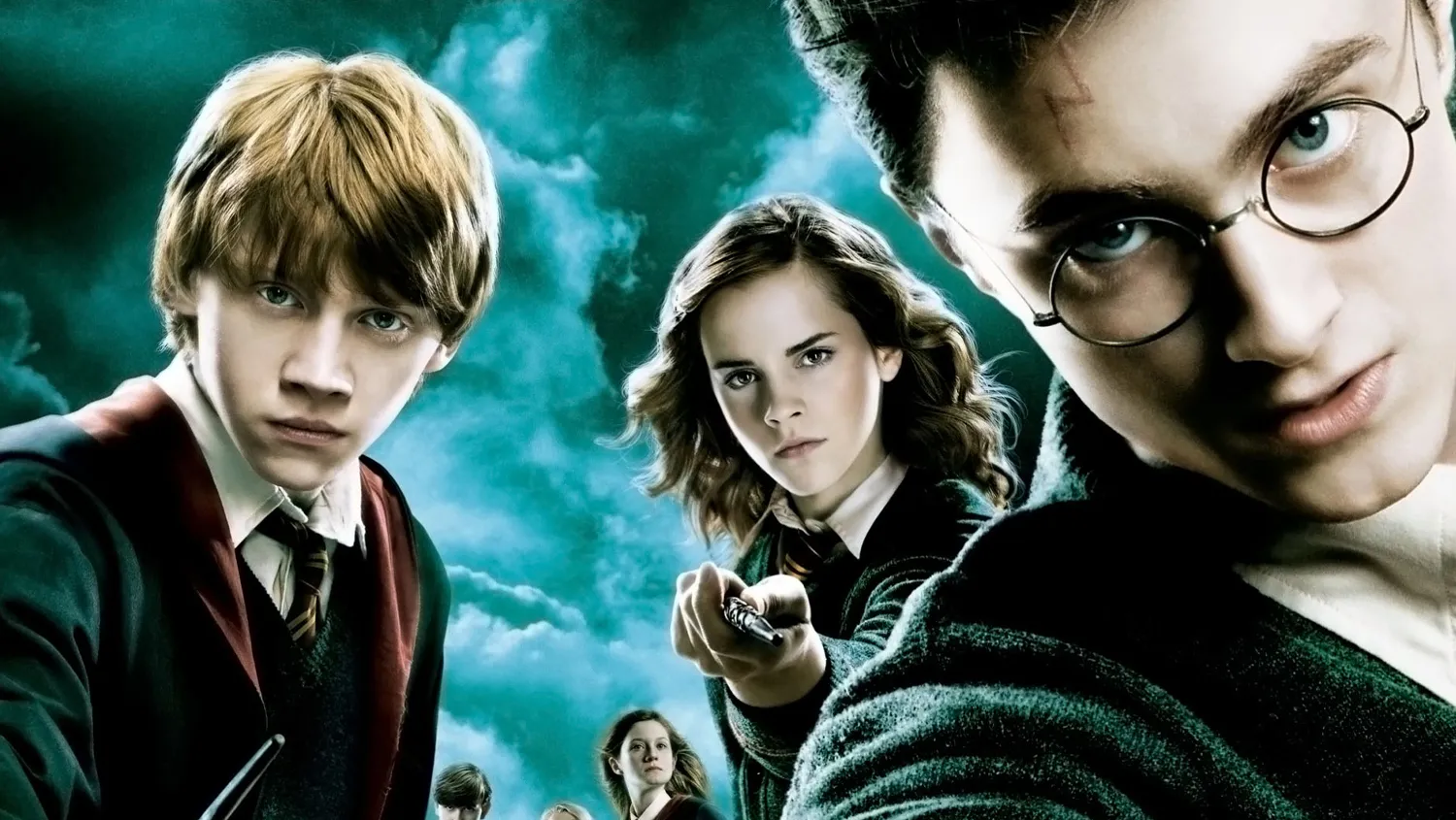
1: Harry Potter
This one may be a bit of a cheat using a whole franchise, but as probably the most successful.
Of all time, it needs to be said!
We all know that the evil Voldemort (Ralph Fiennes) was defeated by the boy wizard Harry
(Daniel Radcliffe) But was Voldemort the villain or just a symptom of a corrupt
system? The wizarding world seems to have a lot of problems, the least of which being
relying on an abused and neglected minor to save it. This world also engages in a plethora of
troubling behaviour, such as; enslaving certain magical races (house elves), their treatment of
‘squibs’ or non-magical people born into magical families, and the corruption in the Ministry
of Magic, which allowed Voldemort (and others like him) to rise to power.
So at the epilogue of the first film series (Harry Potter and the Deathly Hallows), our
protagonist has not toppled a corrupt system. A system that knowingly sent him back to his
abusive relatives year after year (did no one notice his Hogwarts letter was addressed to the
cupboard under the stairs?). Instead, Harry has become the equivalent of a wizard cop, a part
of the villainous system. Life imitates art, I guess?



